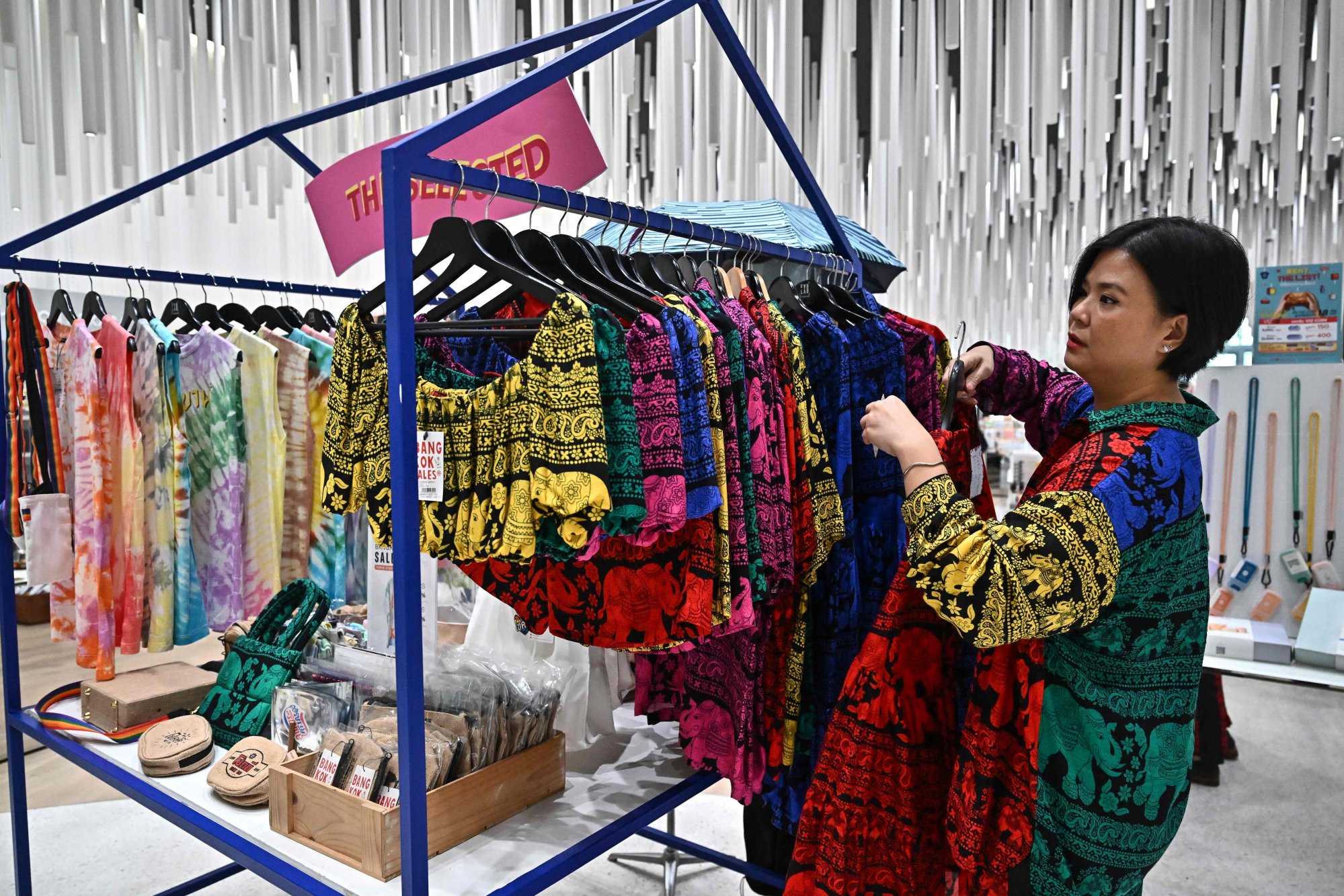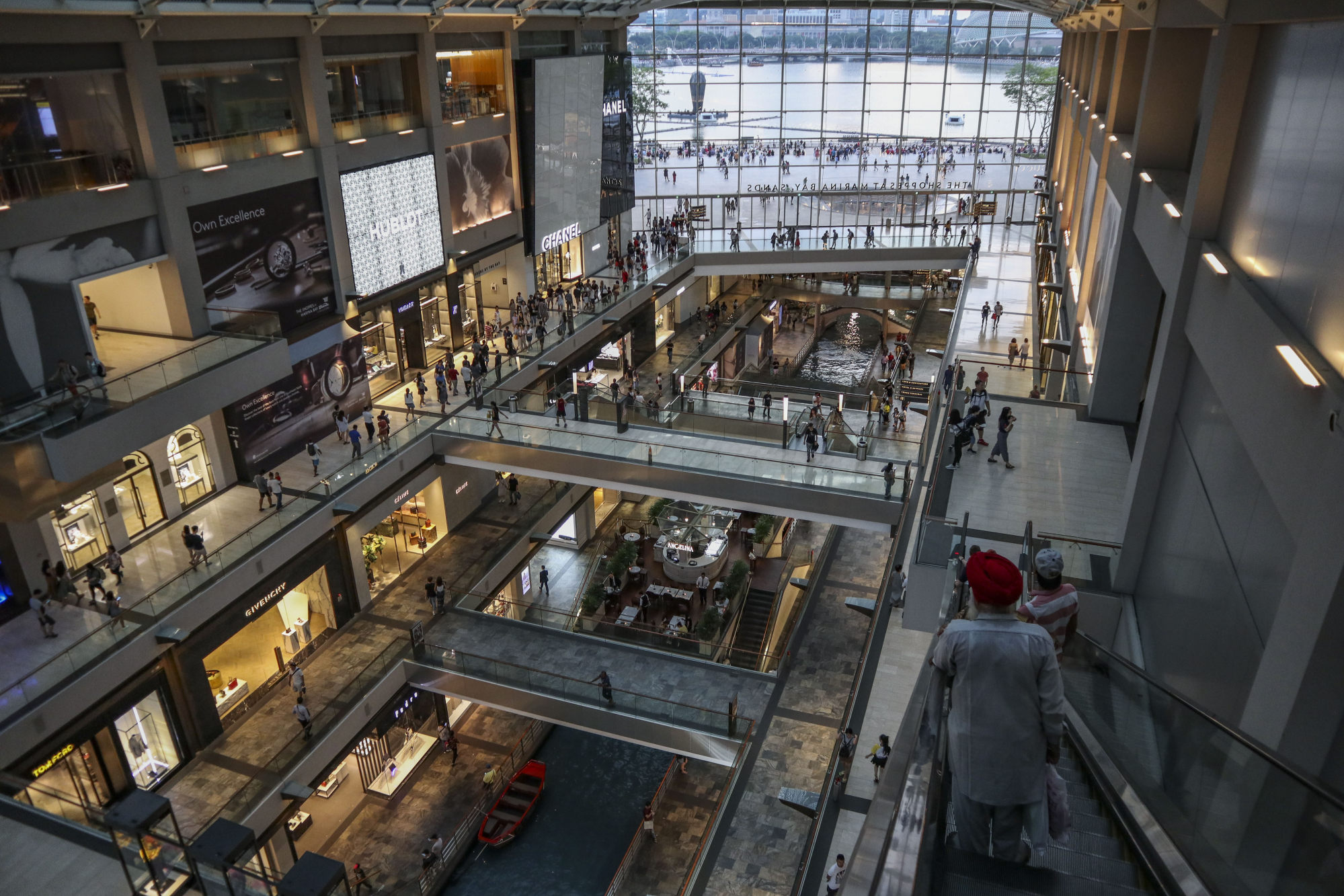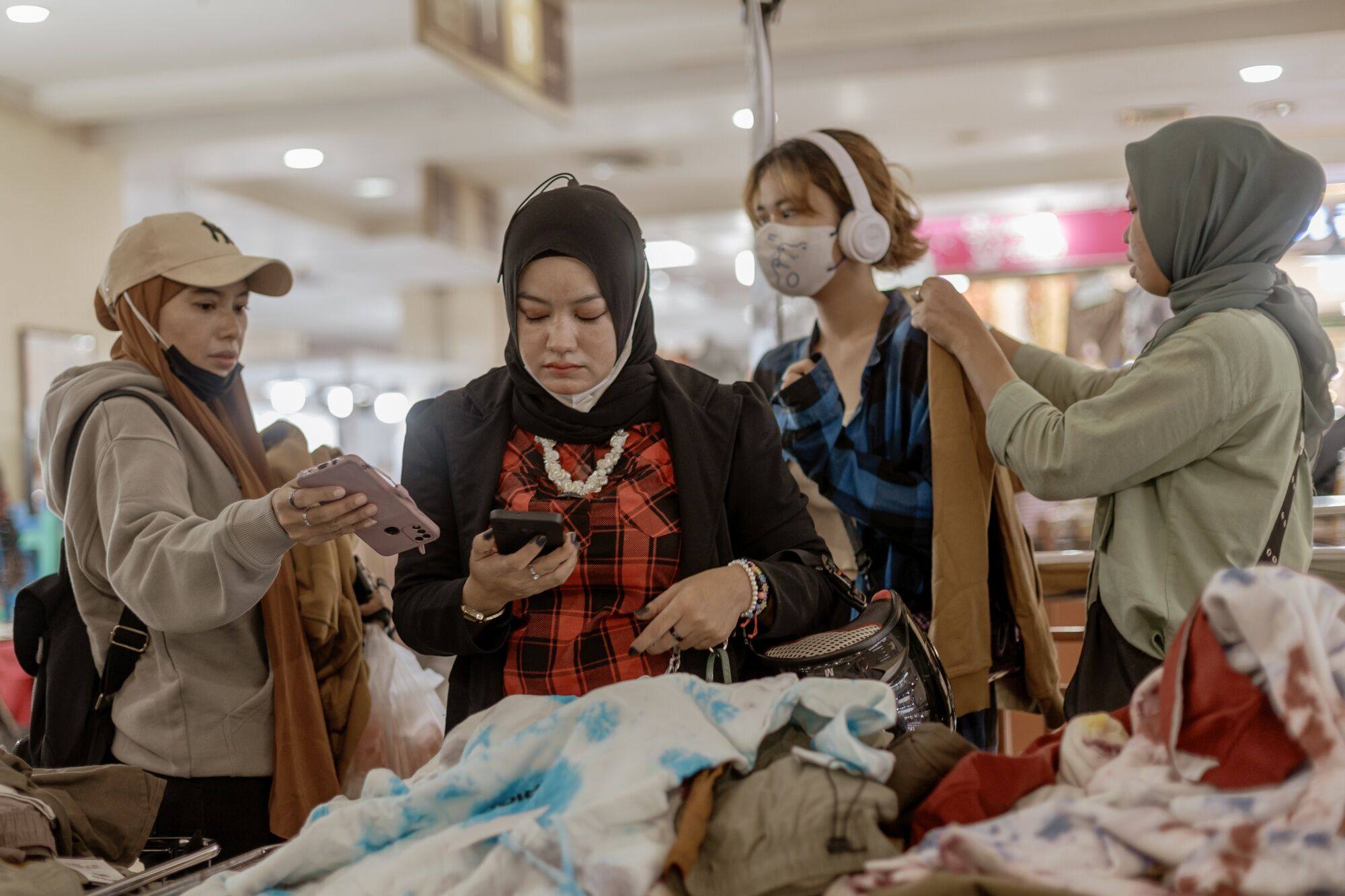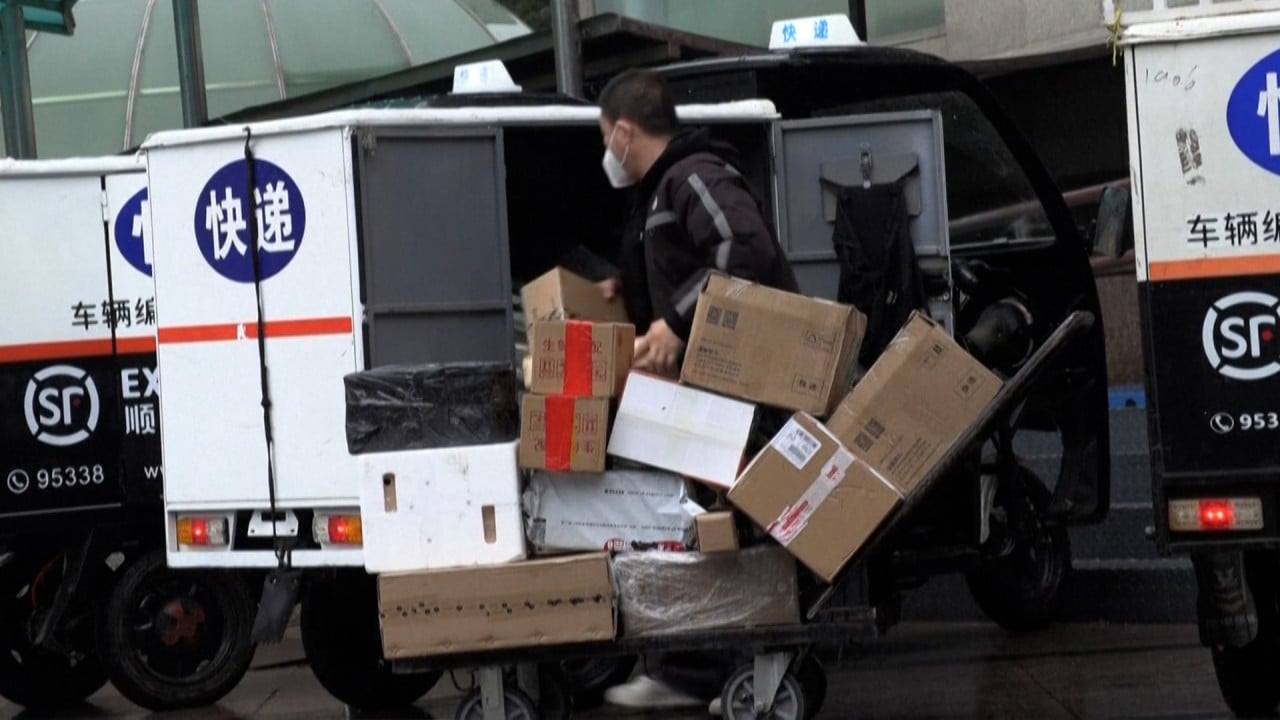The big hitters online, from Shopee to Lazada, are heavily discounting all kinds of items, with half-price goji berries to home appliances dutifully shared by an army of live-streamers.

“I carted out from Taobao mostly in preparation for Christmas,” said Lola Teo, 38, a Singapore-based mortgage specialist. “Singles’ Day sales would ensure that my buys will reach in time before Christmas.”
She also snapped up tickets for 13 passengers to Bali on sale with Singapore Air for S$4,590 (US$3,370).
“However, my overall spending is less than last year,” Teo said. “I’ve been practising more rational spending as I grow older … not just due to rising prices but a change in thinking post-Covid on what’s necessary and important.”
The idea for Singles’ Day had originated at China’s Nanjing University in 1993 and was originally called “Bachelor’s Day”. On the day, single people treat themselves with gifts and presents, while also organising social gatherings and parties.
Last year, the total value of goods sold during the shopping bonanza – also known as “Double 11” – totalled 1.15 trillion yuan (US$157 billion), according to data from consultancy firm Bain.
While Alibaba, which owns the Post, started “Double 11” in 2009 to win over online shoppers with discounts and promotions, China’s major e-commerce platforms, including JD.com and Pinduoduo, now all take part in it.
“Singles’ Day seems to have started earlier this year, and with aggressive pricing,” said Singapore-based economist Erica Tay of Maybank Investment Banking Group.
“Consumers’ purchasing power in the region is supported by still-resilient job markets, although their willingness to spend may be dented by uncertainties in the global environment.”

“Retail sales grew a weak 0.6 per cent in September from a year ago,” she added. “Luxury goods, such as watches and jewellery, fell 0.5 per cent in September.”
Some businesses are getting creative to break the hoodoo, which has left consumers more frugal than before.
In Bangkok, the Le Glow clinic is offering two-for-one Botox injections to mark Singles’ Day, while MY clinic promises a 1,111 baht (US$31) deal for fat or collagen injections in a city with a thriving cosmetic surgery and beauty clinic scene.

In Jakarta, online shopping fever is spiking.
Apps like home-grown Tokopedia, Singapore’s Shopee, and Alibaba-owned Lazada have taken off since the pandemic, and digitally savvy Indonesians like marketing professional Natasha Wirawan, 24, are choosing to shop online over visiting bricks-and-mortar stores.
But Wirawan said she is also trying to be a bit more conservative with her shopping this year.
“My parents were financially hurt during the pandemic, so they tell me to make sure I am saving my money from a younger age.”
Additional reporting by Reuters


